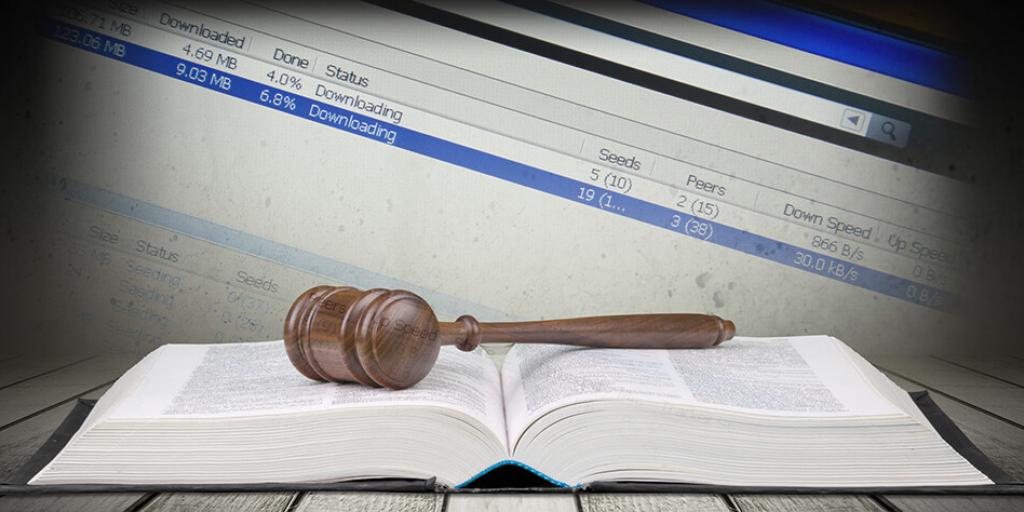
Megaupload: Lessons Learned from Kim Dotcom's Livestream Trial
Kim Dotcom has won the right to make live video of his extradition trial public on the Internet, but are we mindful that all our actions are, in a very real way, constantly livestreamed?
In 2012, United States officials shut down Megaupload, one of the Internet’s largest file-sharing sites. U.S. federal prosecutors accused its founder, Kim Dotcom, of various charges including conspiracies to commit racketeering, copyright infringement and money laundering. Search warrants were issued. The FBI took control of the site. Now, in September 2016, the New Zealand extradition trial of Mr. Dotcom and his ongoing legal struggle against the U.S. is being livestreamed around the world. There are both interesting technological and theological components to this saga.
For those who know the story, it is fairly sensational. In the early 2010s, there was once a massive file-sharing site run by the German-born Internet mogul. Millions of users once stored and shared files, movies and music. But soon, the U.S. government levied charges, heavily-armed New Zealand police raided Kim Dotcom’s New Zealand mansion, Megaupload was shut down, and Mr. Dotcom was arrested. He has been fighting extradition ever since.
Whether Kim Dotcom did or did not violate any U.S. laws is for the courts to decide. But there is an interesting spiritual aspect to Mr. Dotcom's legal victory over livestreaming his extradition appeal.
When Mr. Dotcom was granted court permission to livestream his extradition appeal, his lawyer called the ruling “democracy at its finest.” Mr. Dotcom himself, an advocate of Internet openness, tweeted that this decision is “breaking new ground" and that New Zealand is "at the forefront of transparent Justice!”
The New Zealand extradition hearings opened as more tedious than dramatic, and the streaming experienced a number of technical glitches. As The Guardian reported, “[T]he live streaming of Kim Dotcom’s extradition hearing in a New Zealand high court kicked off on Wednesday with warped pictures, delayed audio and dwindling viewership as the day wore on.” Mr. Dotcom live-tweeted throughout.
This story is interesting for a few different reasons. Some people are simply interested in Internet openness and the extent of various national governments’ rights to shut down Internet sites. Others are interested in the backstory of whether or not the initial investigations against Mr. Dotcom were entirely legal in the first place. But there are spiritual lessons as well.
Sometimes justice plays out privately. Sometimes justice plays out publically. In the past, there were those trials broadcast live over television—such as Adolf Eichmann's 1961 Nazi war crimes trial and the 1995 trial of O. J. Simpson. More recently, there was the 2010 trial of actress Linday Lohan, Casey Anthony in 2011, Oscar Pistorius in 2014, and Jodi Arias in 2015. Now, in 2016 there is the Internet livestream of the Kim Dotcom extradition trial.
Likely, none of us would want to be on public trial for the whole world to see. But as Christians, we should live our lives so that anything we do could be revealed without embarrassing us or discrediting Jesus Christ. In Luke 12:1–2, Jesus warned the multitudes about hypocrisy—claiming to have certain good moral standards but practicing something different. He then told the multitudes, “For there is nothing covered that will not be revealed, nor hidden that will not be known.” Jesus was echoing what God had recorded in Ecclesiastes: “For God shall bring every work into judgment, with every secret thing, whether it be good or whether it be evil” (Ecclesiastes 12:14).
All of us should be reminded that how we live is, in a way, “livestreamed” before God—whether or not our secrets are known by our friends or family. But we should also be reminded that our heavenly Father is merciful (Deuteronomy 4:31; Hebrews 2:17), and while He sees all (Job 34:21; Psalm 33:13), He is “longsuffering toward us, not willing that any should perish but that all should come to repentance” (2 Peter 3:9). Therefore, as Christians, let us seek God and strive to live righteously.
For further study, read our booklet Christian Baptism: Its Real Meaning or request your own free copy.
Stay up to date with our Weekly Digest Email!
Tomorrow's World ComMentary Podcast
Subscribe to Tomorrow's World Commentary podcasts on iTunes and Google Play!



